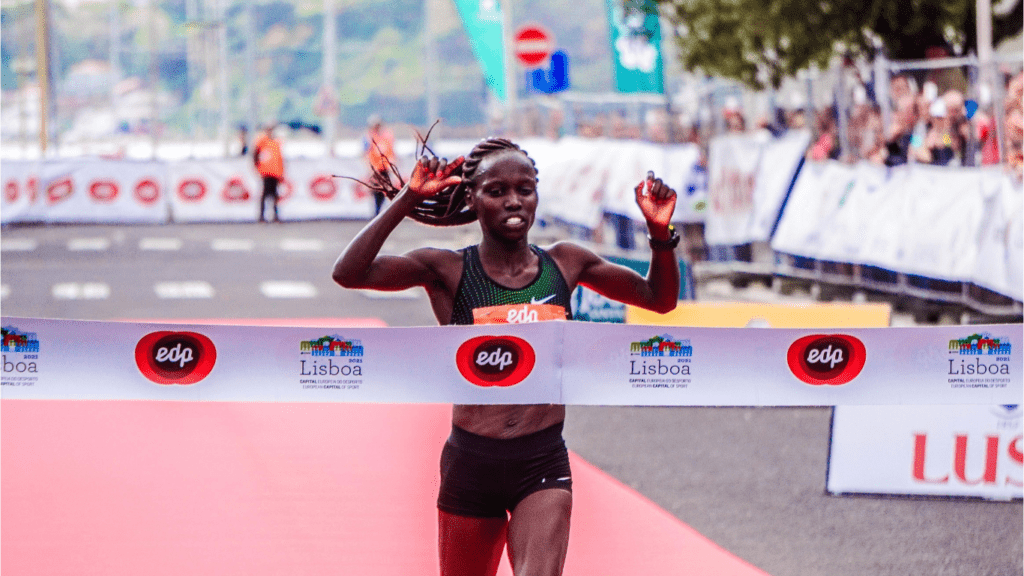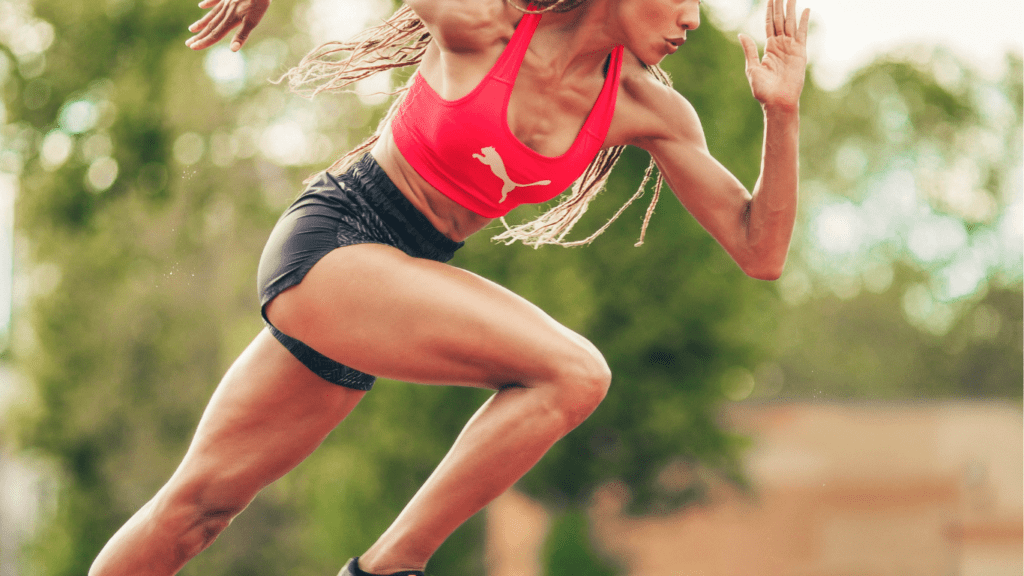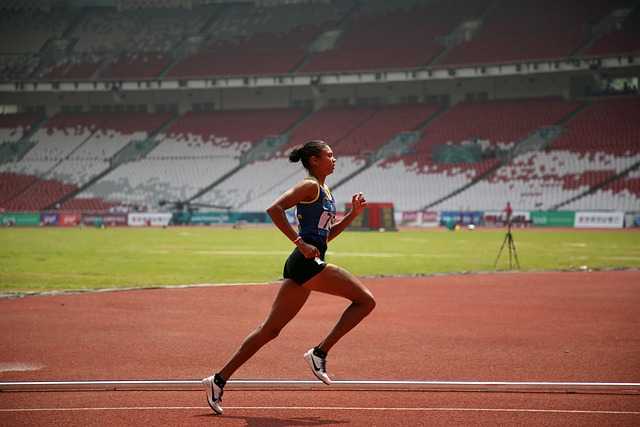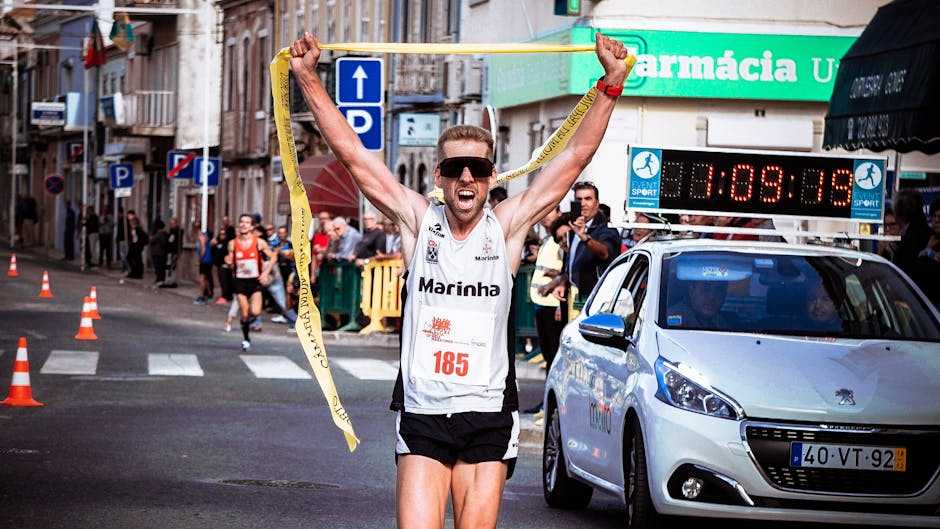The Rise of Female Runners in History
Women have steadily gained recognition in running, overcoming societal restrictions and proving their capabilities. Their history in the sport highlights moments of courage and determination against formidable odds.
Pioneers Who Paved the Way
Early trailblazers like Kathrine Switzer changed the landscape of women’s running.
In 1967, she became the first woman to officially enter and complete the Boston Marathon, a feat that challenged gender norms and influenced policy changes.
Another pioneer, Bobbi Gibb, ran the same marathon a year earlier, albeit without official recognition, showcasing immense bravery and perseverance.
Key Milestones in Women’s Running
Several significant milestones shaped women’s running. The inclusion of the women’s marathon in the Olympics in 1984 marked a pivotal moment, with Joan Benoit Samuelson winning the inaugural event.
The establishment of the Avon International Marathon in the 1970s provided women a legitimate platform to compete worldwide.
These milestones demonstrated women’s endurance and skill, fundamentally shifting perceptions in athletics.
Modern Influencers and Iconic Athletes
The achievements of today’s female athletes in running are remarkable. They continue to inspire new generations by breaking records and changing the sport forever.
Record-Breaking Performances
Female runners have achieved exceptional feats.
- Florence Griffith-Joyner still holds the women’s 100m and 200m records since 1988. No one has come close to breaking them.
- In distance running, Paula Radcliffe set a marathon record in 2003 with a time of 2:15:25, which stood for 16 years.
- Track athletes like Allyson Felix broke records by becoming the most decorated female Olympian in track and field with 11 medals.
- Long-distance runner Brigid Kosgei shattered Radcliffe’s marathon record in 2019 with a time of 2:14:04.
Their performances redefine what female athletes can accomplish.
Women Who Changed the Sport
Several female athletes have transformed running.
- Joan Benoit Samuelson won the first women’s Olympic marathon in 1984, cementing her place in history.
- Kathrine Switzer’s participation in the 1967 Boston Marathon, despite being attacked for being a woman, led to monumental changes in race policies.
- Athletes like Deena Kastor and Shelby Houlihan have also left a lasting impact. Kastor broke the American marathon record and inspired many with her longevity in the sport.
- Houlihan holds several American records in middle-distance events, showcasing the versatility and strength of female runners.
Each of these women has shattered barriers and elevated the status of female athletes in running, making it a more inclusive and competitive field.
Challenges Still Faced by Female Runners

Despite the progress, many barriers remain for female runners. From unequal sponsorship opportunities to media coverage disparities, these challenges need addressing.
Gender Disparity in Sponsorships
Female runners face significant gender disparity in sponsorships. Brands often allocate more substantial contracts to male athletes, despite comparable performances.
A study by Women’s Sports Foundation revealed that male athletes receive over $220 million more in annual endorsements than female athletes.
For example, in 2019, a report indicated that only 0.4% of sports sponsorship went towards women’s sports.
This financial gap limits resources and opportunities, making it difficult for female runners to sustain and advance their careers.
Brands must recognize and reward female athletes equally to encourage a more inclusive sports landscape.
Media Representation and Coverage
Media representation of female runners is often inadequate. A 2017 report by the Tucker Center for Research on Girls & Women in Sport found that women’s sports receive only 4% of media coverage.
This limited exposure affects sponsorship opportunities and public recognition. Fast performances and record-breaking achievements by female runners frequently receive less coverage compared to male counterparts.
For instance, Brigid Kosgei’s world marathon record in 2019 didn’t receive as much media attention as a similarly historic run by a male athlete would.
Increasing media coverage of female runners is essential to promote gender equality and inspire future generations.
Empowering the Next Generation
Women in running face significant challenges, yet hope thrives as initiatives and current athletes inspire young runners.
Initiatives Promoting Inclusion and Equality
Various initiatives focus on creating a more inclusive environment. Organizations like Girls on the Run encourage young girls to participate in running by offering programs that integrate physical activity with life skills.
These programs not only promote physical health but also build confidence and self-esteem.
The International Olympic Committee (IOC) promotes gender equality in athletics. Recent campaigns have focused on equal prize money and more media coverage for female events.
By providing equal opportunities, these initiatives pave the way for more female participation.
Local running clubs offer supportive communities. These clubs frequently host women-only events and training sessions, providing safe and encouraging spaces for female runners of all ages and abilities.
How Current Athletes Inspire Young Runners
Modern athletes play a vital role in motivating the next generation.
Allyson Felix, with 11 Olympic medals, exemplifies perseverance and resilience. Her advocacy for maternity protections in sponsorship contracts has positively impacted female athletes globally.
Brigid Kosgei, the current women’s marathon world record holder, inspires young runners by breaking barriers and showcasing determination.
Her achievements encourage aspiring runners to set high goals.
Local heroes also play an influential role. Community-based athletes who excel in local and regional events often mentor young runners, sharing insights and training tips.
This grassroots approach helps budding athletes see success as attainable.
Media representation of female athletes is improving. Increased visibility showcases diverse role models, which impacts young runners by providing relatable examples of success within their communities.



